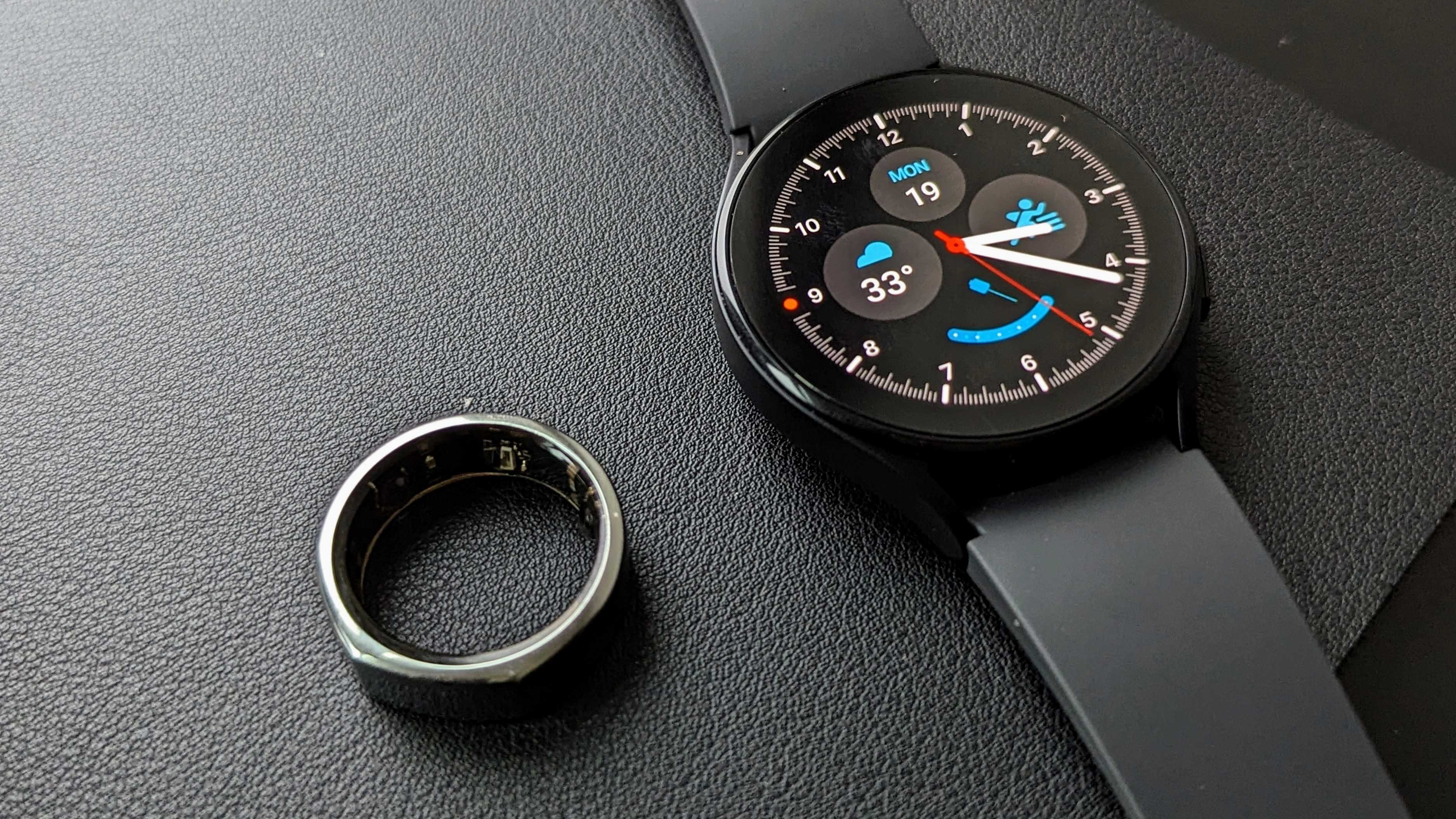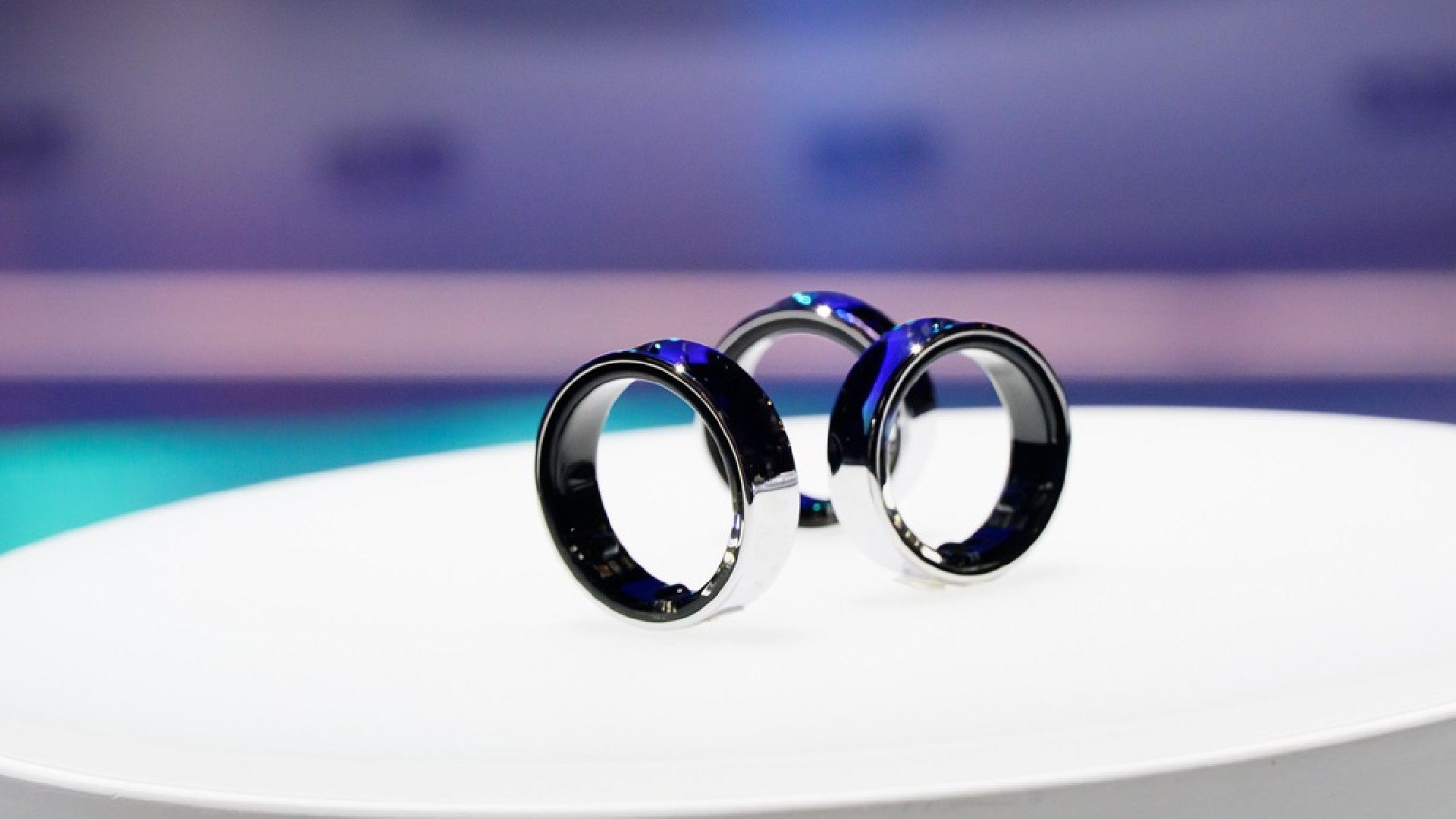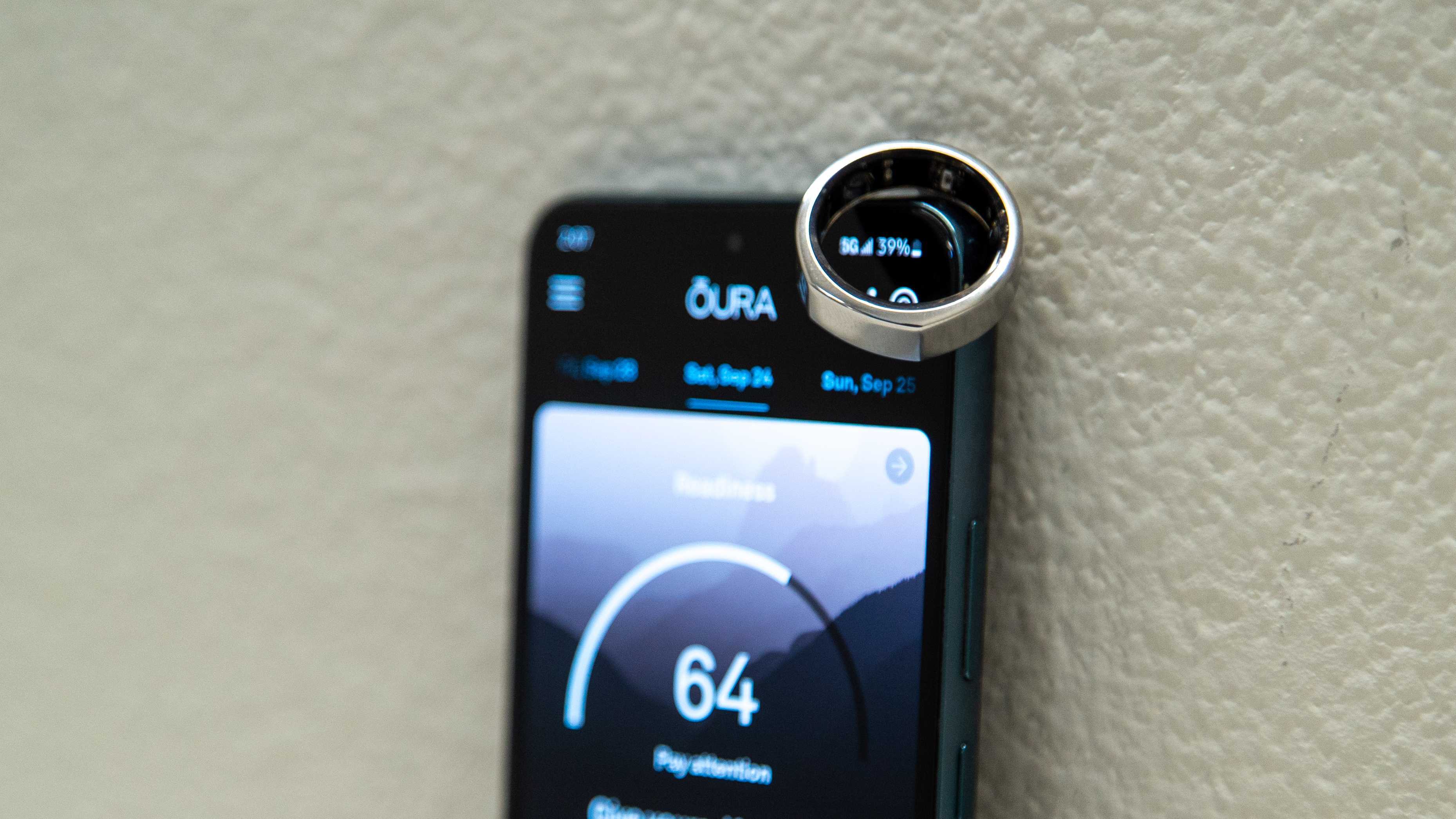
What you need to know
- Samsung is suing Oura in U.S. District Court to forestall any patent claims against the Samsung Galaxy Ring.
- Oura has previously sued Circular, RingConn, and Ultrahuman for patent infringement and owns over 100 smart ring patents.
- Samsung claims its Galaxy Ring doesn't infringe on Oura's patents and is seeking legal confirmation before its August release.
On May 30, Samsung lawyers filed a lawsuit in the San Francisco Division District Court against Oura Health Oy, asking for a declaratory judgment and jury trial. Why? Because they think Oura will sue Samsung over the Galaxy Ring — just like it sued three other smart ring makers — and want to establish legal innocence before the smart ring goes on sale.
The lawsuit documents (via The Verge) reveal that Samsung intends to send the Galaxy Ring into mass production in "mid-June 2024" and will open smart ring sales "in or around August 2024." Samsung has long hinted at a summer Galaxy Unpacked reveal, but this is the first official confirmation.
Samsung claims that "Oura's pattern of indiscriminate assertion of patent infringement against any and all competitors in the smart ring market" is an "actual, imminent risk to Samsung" and the Galaxy Ring's chances of success.
The filing then runs through Oura's history of suing three other smart ring makers over alleged patent infringement: Circular, Ultrahuman, and RingConn. In one case, Oura "alleged infringement by Circular and then filed suit against Circular before obtaining a sample of the Circular Ring," months before it went on sale. Oura filed a joint ITC action against these three brands in March 2024, and the case is ongoing.
Samsung fears Oura might target them next in the lead-up to the August launch, triggering bad press and stalled sales for a major new product.

When Samsung first announced the Galaxy Ring, Oura responded by touting its "strongest IP portfolio—in both hardware and software—for the smart ring form factor, with 100 granted patents, 270 pending patent applications, and 130+ registered trademarks."
Samsung references this announcement directly in the lawsuit, along with several interviews where Oura CEO Tom Hale repeatedly mentioned his company's readiness to "defend [its] intellectual property" and praised Masimo, which sued Apple over its SpO2 technology and argued for an Apple Watch ban.
The rest of the lawsuit walks a delicate line. Samsung first states that Oura sues companies over "features common to virtually all smart rings, such as the inclusion of sensors, electronics, and batteries." Despite this, Samsung then claims that "the Galaxy Ring has not infringed, and does not infringe, directly or indirectly, any valid and enforceable claim" from Oura's five most commonly cited patents in its previous lawsuits.
To summarize, Samsung thinks it's unfair for Oura to weaponize smart ring patents for fundamental features. At the same time, Samsung argues that its unique Galaxy Ring designs are distinct enough from the Oura Ring (Gen 3) that Oura can't claim they're stolen.
We don't expect this lawsuit to be resolved before the August Galaxy Ring launch, but the outcome could have far-reaching implications for the future of smart ring competition.
The Samsung vs. Oura legal battle isn't just about the Galaxy Ring
Back in January, I wrote a column listing the reasons why the Galaxy Ring is exciting, and why it might fail. One key roadblock to its success? As I said then, Oura was "weaponizing its patents" against smart ring makers; I argued that "Oura's lawyers are poised to strike if Samsung comes anywhere close to its hundreds of patented smart ring designs."
I'd say, "I'd told you so," but I won't claim to be some prescient tech oracle. I didn't need to watch Oura's CEO bring up IP over and over to know what was coming. Its legal history made it plain that Oura didn't intend to let Samsung encroach on its territory, even if it claimed that "new players" like Samsung provided "validation" for smart rings.
I expected Oura to launch its patent salvo first; I didn't realize that Samsung's legal team wouldn't leave anything to chance.
Still, I find the Samsung vs. Oura smart ring battle fascinating. Samsung is a Goliath of the tech world and the furthest thing from an underdog. But in the smart ring space, Oura is trying to knock out competitors one by one as they arise, like a litigious game of Whack-a-Mole.

If Samsung convinces the U.S. District Court that it hasn't infringed on Oura, then it has the resources to become a major player in the smart ring space — if only for Android users. More importantly (to me), this case could establish a precedent for other smart ring brands (with less robust legal teams) to argue that Oura's patents shouldn't apply to them, either.
If Oura beats Samsung, I wonder whether companies would see that as a sign to give up on smart ring development since Oura's hundreds of patents would preclude a smart ring design that doesn't infringe on their IP.
I don't want to vilify Oura for having the foresight to patent universal smart ring ideas before its rivals. It's not a "patent troll," but rather someone actually putting its ideas into practice with a popular consumer product. The legal merit should depend on whether Samsung infringed on Oura, not Oura's ruthless legal strategy.
But that doesn't change the fact that smart rings will remain niche if only one company can legally make them with core smart features. Monopolies don't typically lead to innovation.







